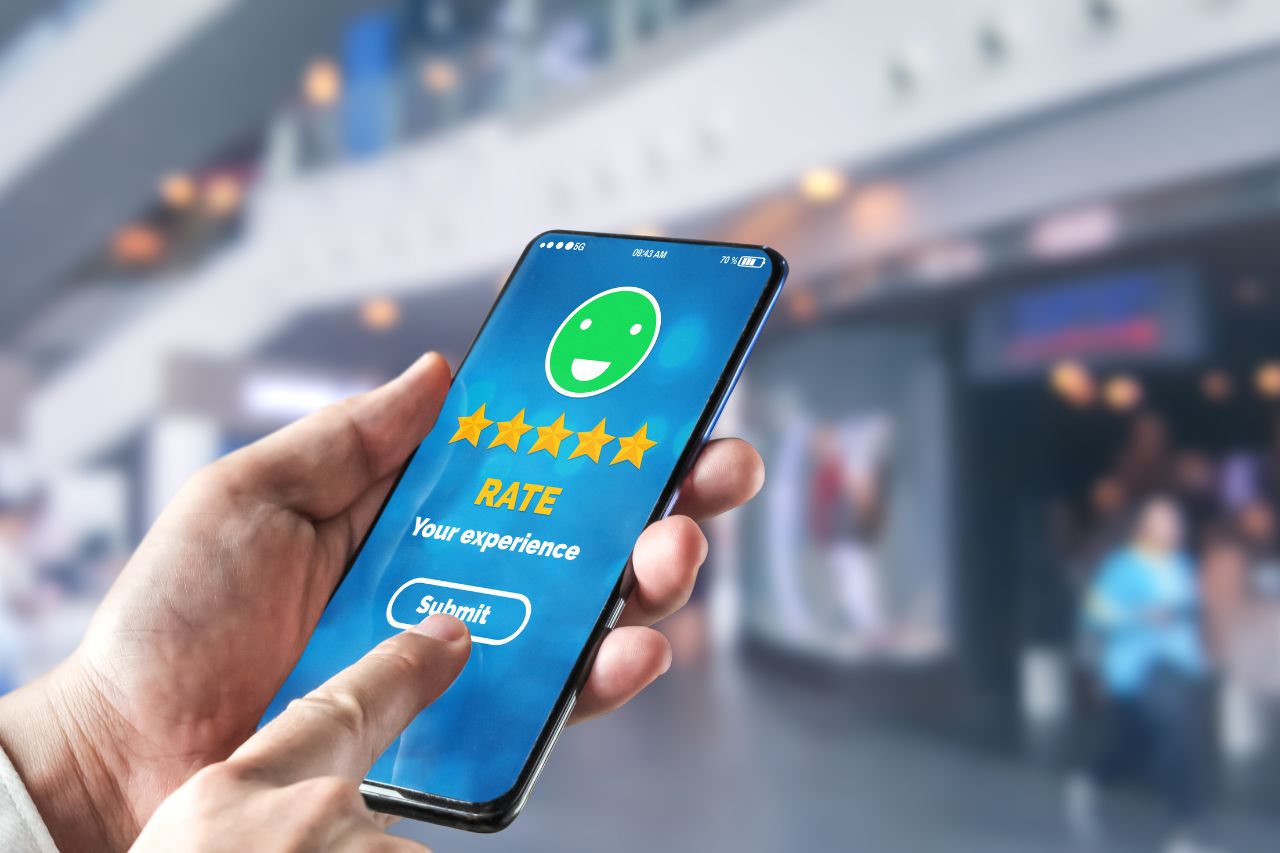Social media can be an extremely effective marketing strategy for small businesses. It helps create brand recognition, foster customer relations, and drive sales.
However, many small businesses face challenges with social media marketing and this can derail your strategy. You can overcome them by following these tips for cost-effective strategies, platform selection, content production, and creating a local community.
Cost-effective strategies
Social media offers small businesses an affordable digital marketing strategy. Most platforms allow users to post organic posts for free for organic outreach; paid advertisements may help increase followings quickly, leading to sales, website traffic, or email subscriptions. When considering social media as a marketing tactic for your small business it is important to first identify its audience’s demographics and buyer journey to determine which tactics will be the most successful.
Once you’ve identified and established business goals and demographic data, the next step should be planning and executing strategies. A balanced plan should incorporate both organic and paid tactics, while clear metrics should be established for measuring its success allowing you to make informed decisions while adapting your strategies accordingly.
Although it can be tempting to try and build your presence across all platforms, it would be more cost-effective and engaging if you focused on those that best correspond with your target audience. Prioritize interactions with your audience such as responding regularly to comments, questions, or direct messages (DM’s), hosting live sessions or interactive Q&A’s, and hosting live sessions that connect live and digital experiences.
As with any digital marketing strategy, patience and consistency are the keys to success with social media campaigns. While you shouldn’t expect instantaneous results from your efforts, social media campaigns can become an important source of growth for small businesses over time.
Platform selection
Selecting the ideal social media platforms for your business can make an enormous difference to its reach, conversion rates, and customer relationships. Before selecting any particular platform it is crucial that you understand both your target audience and the goals of the venture as there are various considerations such as content format, engagement levels, and advertising options to take into account.
Consideration should also be given to your resources, including budget and time. While different platforms require different amounts of work and expertise for management, select those that best align with your goals and resources. Once selected, experiment with different content creation and engagement strategies – consistently evaluate results and adjust accordingly.
Social media can be an invaluable asset to small businesses looking to expand their customer and business base. From brand awareness, website traffic generation, and lead generation to customer retention or fostering customer loyalty; social media can help your small business accomplish all these objectives and more. The key to successful social media marketing lies in tailoring its features according to your target audience and using platform-specific features in an effort to maximize engagement – this can be accomplished by clearly outlining goals, audiences, and objectives, researching each platform carefully as well as considering engagement strategies and data analysis techniques – with results being increased sales, brand recognition, and customer retention!
Content creation
Many small businesses struggle with cultivating an engaged social media community, often due to using it only as a marketing and sales channel instead of an engagement tool. They don’t take time out to create and post relevant content for their target audiences.
Personalizing your posts is an effective way to build connections with your audience, from using social media posts with your company voice to engaging customers personally and responding to their inquiries or complaints. Giving your business personality will make people feel like you’re real rather than an automated machine.
User-generated content is another great way to build local communities on social media channels, helping increase your brand visibility, gain loyal fans, and attract new ones. An online platform such as Mentionlytics allows you to track mentions and engage with your target audience effectively.
Implementing social media communication into small business operations is crucial. Social media allows for direct relationships with both current and potential customers while offering invaluable insight into customer behavior and preferences – data that can inform marketing strategies and product development decisions. In addition, real-time communication allows consumers to voice any issues quickly while tools like Sprout Social and Buffer provide tools for managing multiple accounts with ease and tracking analytics in one central place.
Building a local community
Customers today expect brands to have an ongoing dialogue, making it essential for small businesses to establish an active social media presence in their local communities. Customers can then connect directly with businesses via these channels and express their needs directly, ultimately strengthening brand loyalty.
One effective strategy for doing so is via social media: offering practical solutions such as infographics on topics relevant to your audience or discounts for local residents can bring customers into your store while showing that you care. In-person interactions such as events, pop-up shops, or community meetings also create opportunities to build an in-store following and bring more business into the store itself.
Later, we understand the value of social media management tools to track key metrics and make data-driven decisions about marketing strategy. Later allows you to upload photos in bulk, find user-generated content that fits your marketing strategy, schedule posts weeks in advance with our free Unsplash integration, monitor reach and engagement to determine the most successful types of content, schedule posts weeks ahead with our Facebook Insights feature and save time with Unsplash integration – taking your social media marketing to new heights! So give our free 14-day trial today to experience it all for yourself!
Utilizing user-generated content
User-generated content (UGC) is a highly effective marketing strategy that allows brands to connect with consumers and enhance their social media presence. Not only can UGC increase brand recognition and awareness, it can also encourage customer service improvements while stimulating customers to share your company posts among friends – ultimately increasing revenues and strengthening brand loyalty. But for small businesses it must be utilized responsibly – here are four tips on doing just that:
UGC can help your business stand out from the competition and build relationships with your audience. UGC provides an authentic and engaging way of showcasing products, services, and business ethos while creating meaningful interactions between businesses and customers. UGC is also more likely to resonate with audiences than advertisements or promotional posts because its emotional appeal creates connections with target markets more readily; UGC makes your brand feel more relatable and humanized to your viewers.
While high-quality content remains the king, user-generated content (UGC) is rapidly gaining ground as a powerful strategy to increase brand trust with audiences, increase traffic to your website, and ultimately boost sales. But before embarking on any UGC campaigns, it is crucial that you understand their creation and management. This article offers practical solutions for optimizing UGC campaigns by showing what types of posts resonate most with target audiences; plus how tools like Instagram Stories and Reels can enhance this process.
Engaging with customers authentically
An effective social media marketing strategy requires small businesses to engage with their customers authentically on social media. Doing this will enable them to build trust and loyalty from customers while growing a loyal following that bypasses the noise barrier on social media; in addition, authentic engagement strengthens brand image and reputation, drives more traffic back to their website, and increases sales.
Social media provides small businesses with an invaluable opportunity to reach directly into the audience they are targeting and gain insights into customer needs and desires – which can give them an edge against larger competitors. Furthermore, they can leverage these platforms to promote products and services more directly while engaging with current customers more personally than competitors would.
Social media gives businesses multiple channels to reach a wide audience at a low cost. For example, they could create a Facebook page and run targeted ads there to target the most relevant target market; additionally, they can use Instagram to showcase their products or services as well as host live videos on that platform.
Social media allows them to drive more traffic to their websites through user engagement through feeds or stories – especially crucial for small businesses, as they typically cannot afford expensive ads on other platforms.











